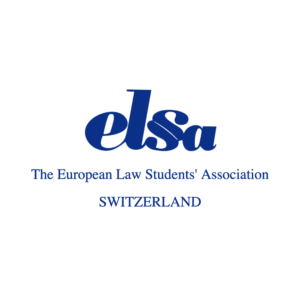
ELSA Traineeships is an ELSA programme that offers its members the possibility of having an international experience thanks to the different traineeship vacancies offered all over the world. The program is divided into two cycles: the winter cycle and the spring cycle. ELSA offers both « normal » on-site Traineeship vacancies, which require physical presence throughout the Traineeship period, and online Traineeship vacancies, which are done remotely from the Trainee’s home office.
VP Professional Development ELSA Switzerland : Mira Woelfert
E-mail: professional.development@ch.elsa.org


FAQ
- What is ELSA Traineeships?
ELSA Traineeships offers law students and graduates with legal work opportunities in different jurisdictions, in many cities, at various types of organisations. The Traineeships are paid and coupled with the reception whereby the Trainees are welcomed to the country and the city by ELSA.
- Who can apply?
ELSA Traineeships are open for students, graduates and young lawyers who study or have studied law in university. ELSA Traineeships are available for everyone who is a member of an ELSA Group (Local or National).
- On-site and Online ?
On-site Traineeships require the Trainee’s physical presence throughout the Traineeship period. This may require the Trainee to relocate and travel internationally.
Online Traineeships can be done remotely from a location of the Trainee’s choice. Like on-site Traineeships, online Traineeships are supervised and the Trainee receives mentoring and feedback from the Traineeship Provider throughout the Traineeship period.
- Application Process
You can apply for a traineeship via the Application Form. The application period is open twice a year:
-
- Autumn-cycle 2023: 13 November to 4 December
- Spring-cycle 2024: 16 April to 3 May
- Application Information : You need to indicate in the Application Form:
-
- Up to three ELSA Traineeships of your choice;
- Your language skills (certificates) as requested by the chosen Traineeship(s);
- Your legal skills as required by the chosen Traineeship(s);
- Your academic background, i.e. degree(s) and educational institution(s).
- Attachments: In the Application Form you need to include the following:
-
- A motivation letter of 5,000 characters for each chosen ELSA Traineeship;
- Your CV in english in PDF form;
- You may be required to attach additional documents only if required by the Traineeship Provider explicitly.
If you have any questions, please reach out to your Local Professional Development Officer of your respected Local Group.
- What requirements do I have to fulfil?
Specific requirements are advertised for each traineeship position, relating to legal knowledge, language and academic achievement. These requirements must be met in full in order for the application to be forwarded. The requirements are different for each position, so there is a traineeship for everyone, even if you are still at the beginning of your education!
- What are the advantages of a traineeship abroad?
You can gain practical experience in a legal field of your choice, become familiar with the daily work of legal professionals, compare the legal system of your home country with foreign legal systems and improve your language skills.
Another advantage is the acquisition of precious work experience and new contacts within the legal community. In addition, you will get to know different cultures and make friendships through the contact with the local ELSA group. Finally, you will simply bring back unforgettable memories!
In addition to all this, ELSA International provides you with a certificate of participation in our programme. Your CV is thus strengthened with international work experience!
- Where do the traineeships take place?
Internships take place in any area of law, e.g. in law firms, in-house legal departments, courts, governmental, non-governmental and international organisations. These internships take place mainly in European countries, but traineeships are also sometimes offered in other parts of the world!
- What does it cost to join the programme?
Absolutely nothing! Participation in ELSA Traineeships is free of charge, you do not pay any fees to ELSA and ELSA does not earn any of your salary.
- Are the traineeships paid?
Details on remuneration are specified individually for each placement. There are paid and unpaid internships. If the internship is unpaid, accommodation and/or food are usually provided.
- Will there be interviews?
In some cases an interview may be arranged by the employer. You will be informed in advance by e-mail or telephone.
- Who selects the trainees?
The employer selects the trainees. ELSA members are not involved in the selection proc

